While President Donald Trump’s decision to pause most tariffs for 90 days lifted stock markets, it has done little to ease concerns on Wall Street, where dealmakers, private equity firms, and investment bankers face a prolonged slowdown in mergers and acquisitions (M&A), Business Insider reports.
The uncertainty surrounding trade policy threatens to extend hiring freezes and push down year-end bonuses as firms wait for clearer signals on economic conditions.
On Wednesday, Trump announced a temporary halt on most tariff hikes, except for China, which now faces duties of up to 125%. The move sparked a rally in equity markets, with the S&P 500 seeing its largest one-day gain since 2008. However, M&A activity remains in a holding pattern as businesses and investors struggle to assess the long-term impact of shifting trade policies.
“We’re going to have three more months of paralysis,” said Alan Johnson, founder of the finance industry compensation consulting firm Johnson Associates. “Buyers and sellers are going to say, ‘I’m going to wait.'”
The hesitation isn’t limited to investment bankers. Private equity firms have also slowed dealmaking, as target companies reassess valuations and investors analyze potential supply chain disruptions. One executive at a major private equity fund noted that unless a deal is fully insulated from tariff risks, most investors are choosing to wait.
With fewer deals closing, many investment professionals have redirected their efforts toward client relationship management and internal assessments. Eric Stetler, head of mergers and acquisitions at independent investment bank D.A. Davidson, emphasized the importance of staying engaged with clients during uncertain times.
“People want to know what’s happening,” Stetler said. “Just staying in front of clients is paramount.”
Senior bankers typically split their time between managing existing deals and seeking new business, but current conditions have reversed that balance.
“At times like this,” Stetler explained, “we’re spending more time maintaining relationships than actively closing deals.”
Private equity firms are also adapting. One sector head described updating financial models with various tariff scenarios, noting that the unexpectedly high 125% levy on Chinese goods forced firms to reconsider contingency plans.
“The announced tariffs were more severe than expected,” the executive said.
Stetler added that firms are now working on “Plan B, Plan C, and Plan D” to mitigate potential disruptions.
The slowdown in dealmaking is also affecting Wall Street’s workforce. A recruiter familiar with hiring trends reported that many firms are delaying new hires, with some discussions including the possibility of full hiring freezes.
“It’s kind of like, ‘Maybe this is not a good week to push something through. Can we give it a week or two?'” the recruiter said, indicating that firms remain cautious about expanding headcount amid market instability.
While widespread layoffs haven’t been announced, the recruiter warned that if conditions don’t improve, job cuts could follow. Meanwhile, bonus expectations are slipping as fewer deals reach completion.
“It takes roughly four to six months to run the sale process,” Stetler explained. “Even if a buyer decided to move forward today, you’re looking at a late Q3 closing at best.”
Compensation consultant Alan Johnson predicted that Trump’s tariff pause could push deal closures—and bonuses—out even further, potentially into 2026.
“Would you do a deal now if you’re a buyer?” Johnson asked. “In 90 days, maybe Trump changes his mind again, or 90 days becomes 30 days, or 180 days. By the time lawyers get involved and you sign an agreement, it’s 2026.”
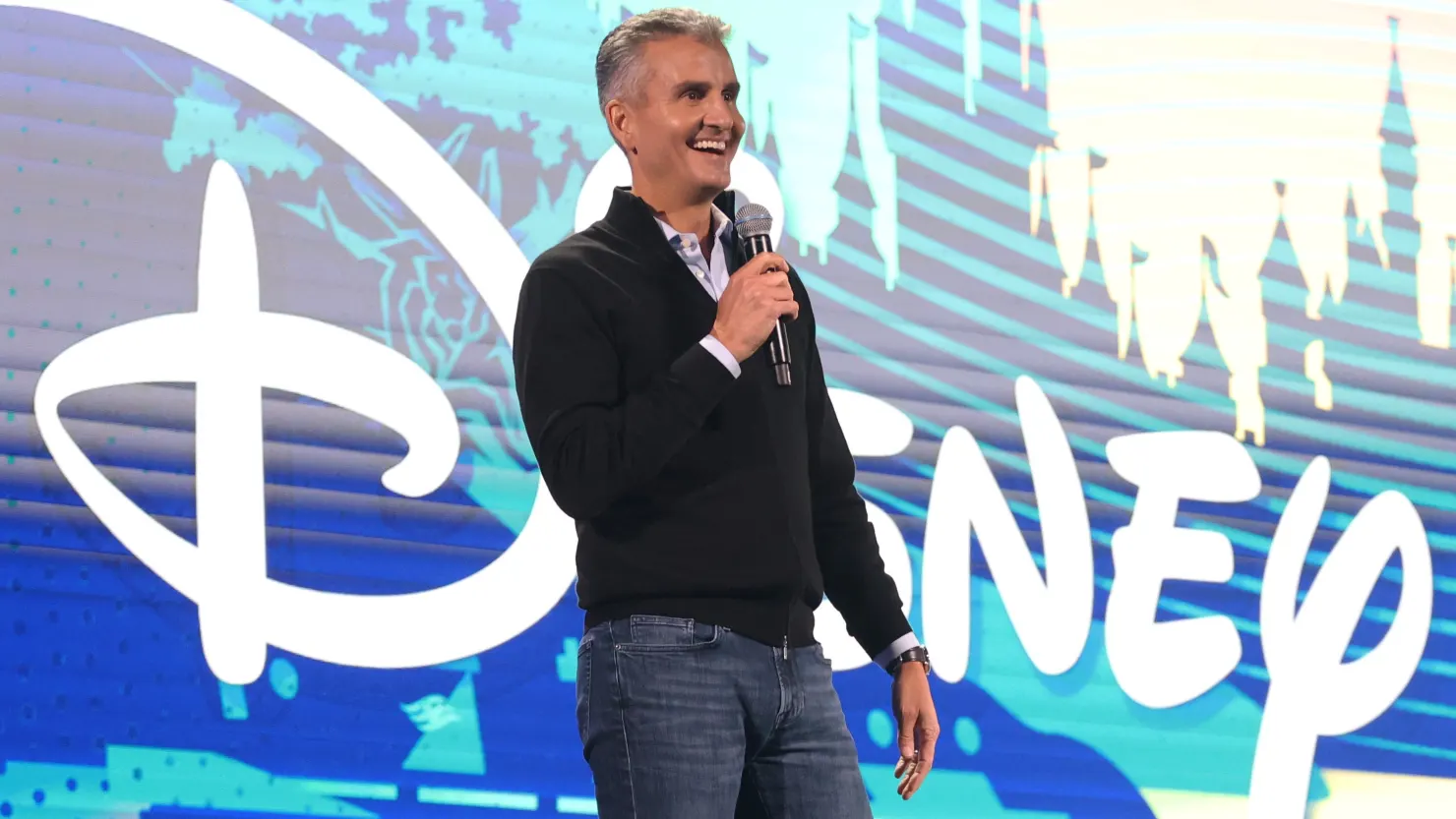
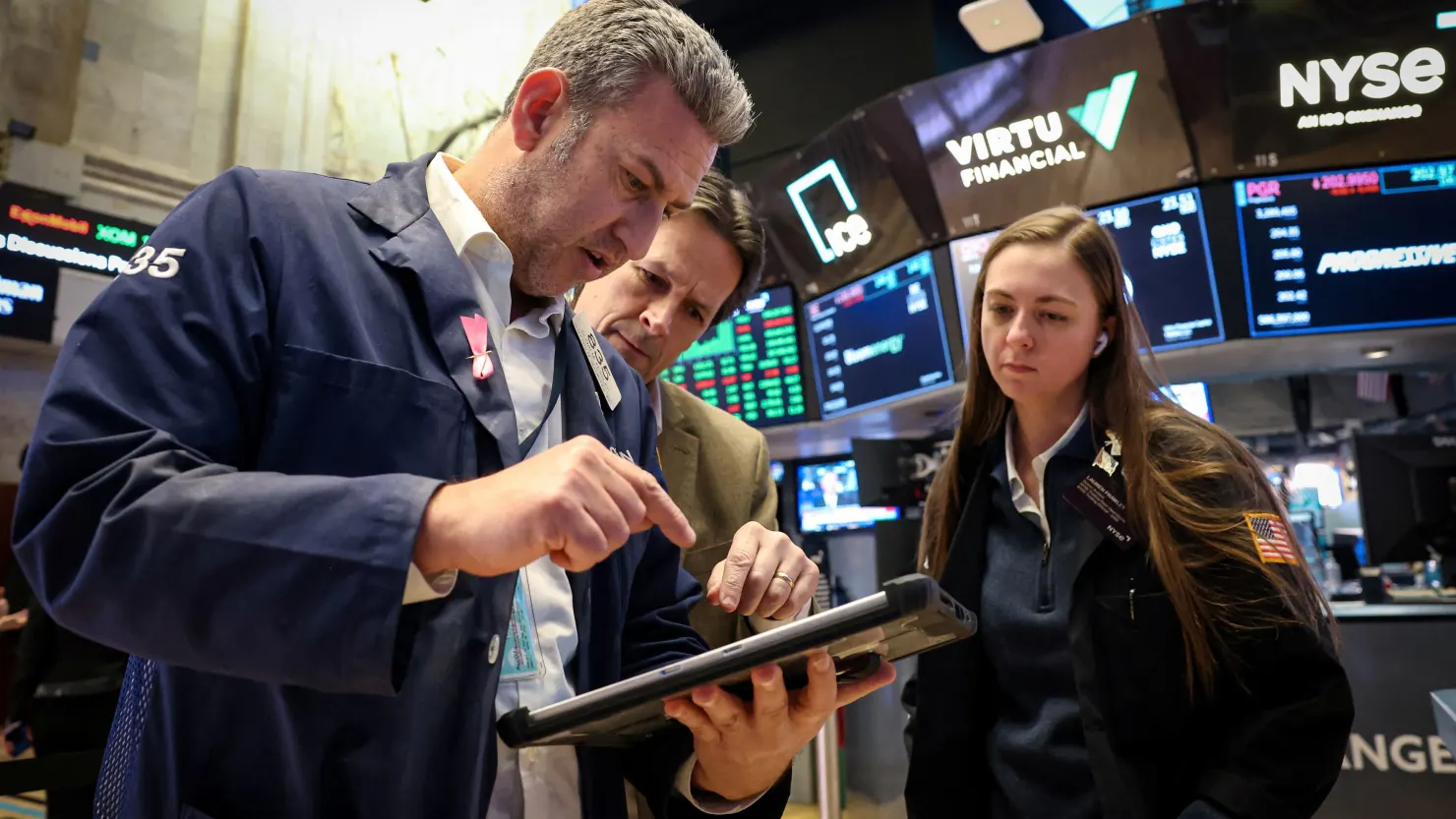
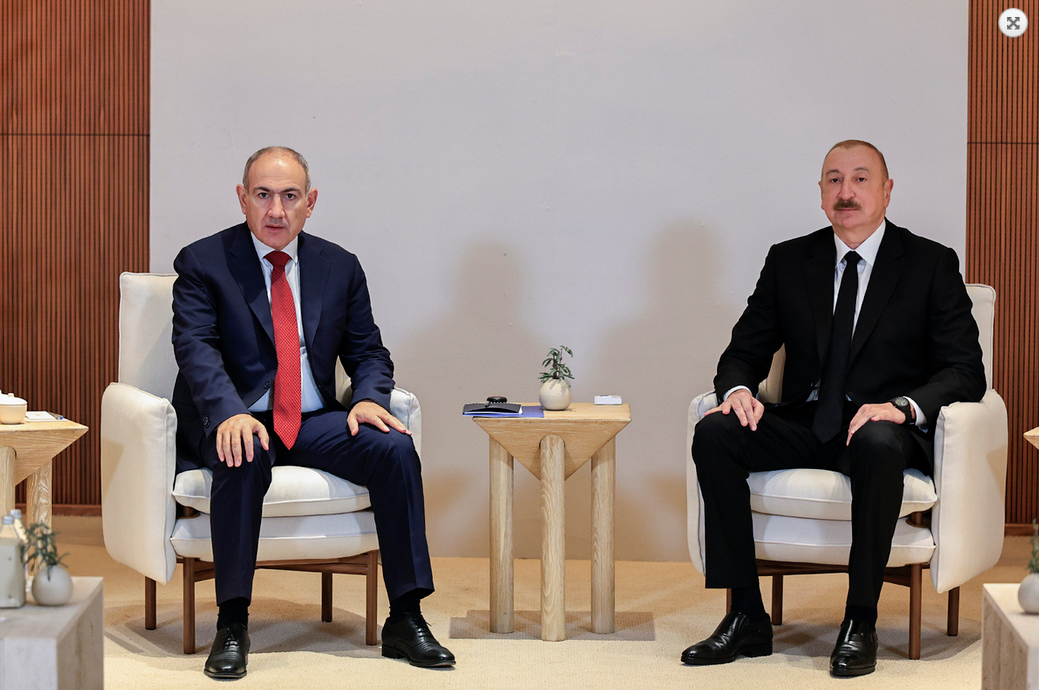
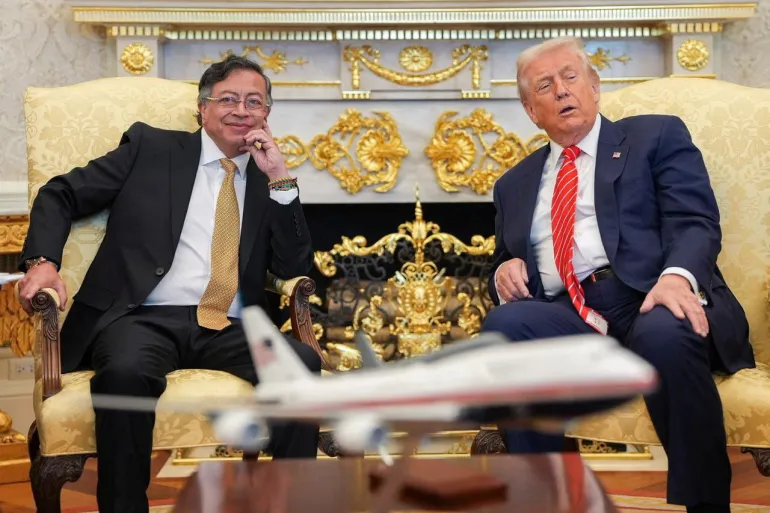
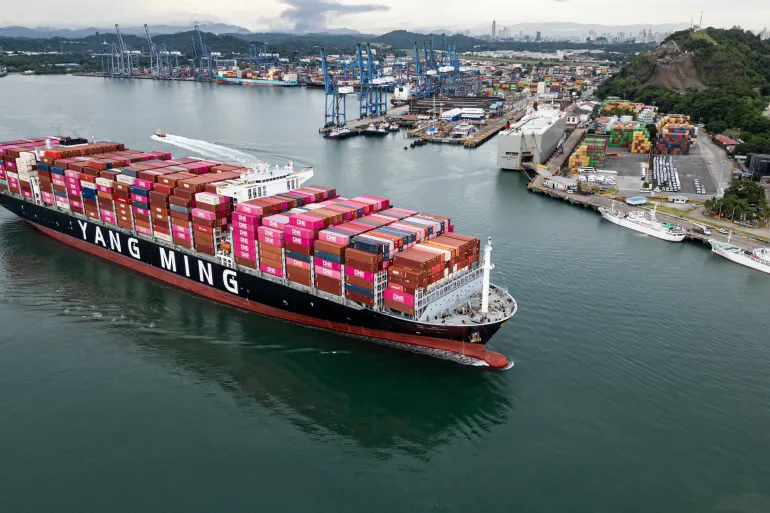
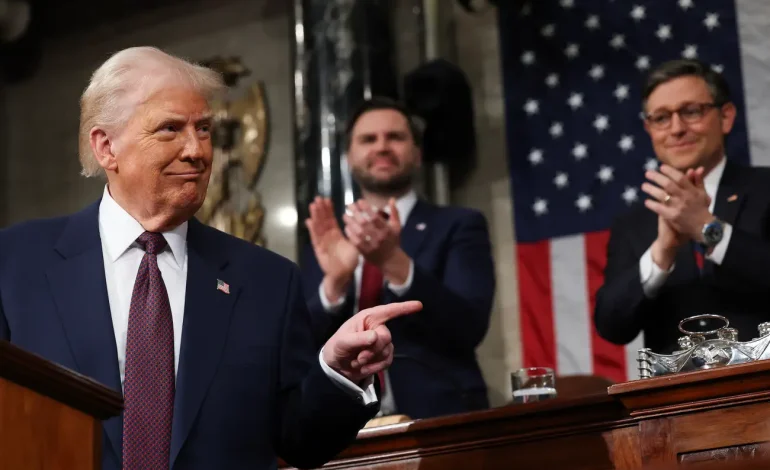




The latest news in your social feeds
Subscribe to our social media platforms to stay tuned